Can Dogs Eat Flax Seeds?
Alright, listen up, dog moms and dads – buckle in for a chat about goodies for your fur buddies. So, you know the drill of making sure your pooch gets all the right yummies to keep them in tip-top shape, right?
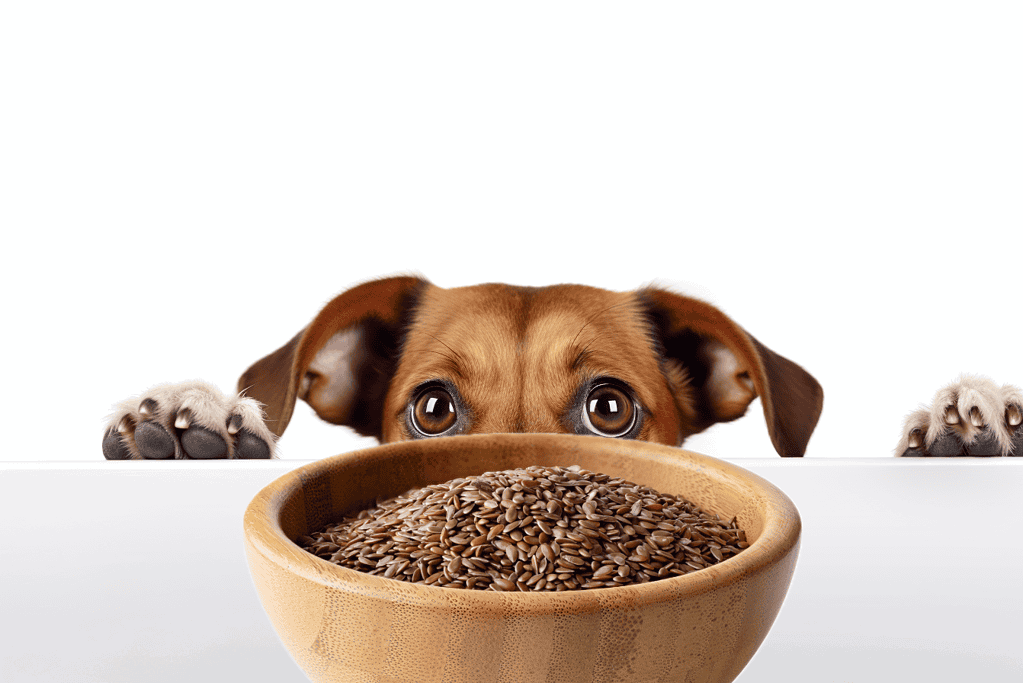
Well, ever pondered about flaxseeds for your doggo? Alright, I see that confused look on your face, but let me spell it for you – ‘Yes’, flaxseeds are A-OK for your fur friend! In fact, they can be pretty rad for your dog’s diet when served up right.
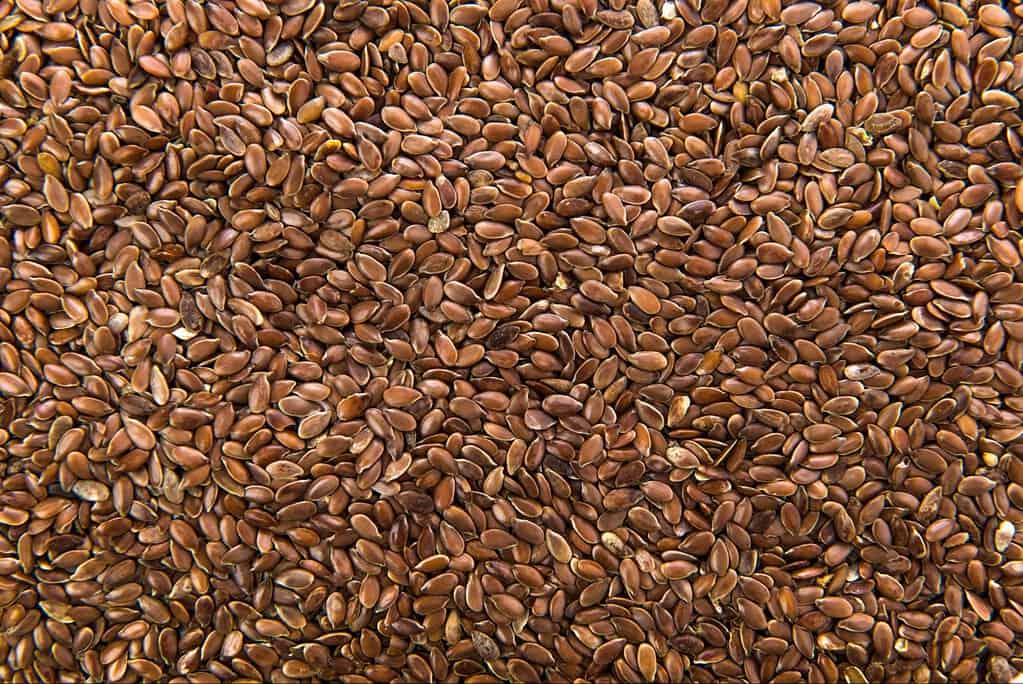
Now, what’s the deal with flaxseeds, you ask? Well, these tiny powerhouses are like the superheroes of the seed world. They come loaded with some fab stuff like omega-3, omega-6, and even omega-9, plus lignans and fiber. Bet you didn’t see that coming! These nutrients can help your dog ward off inflammation, flaunt a shiny coat, and even help their kidneys run like a well-oiled machine.
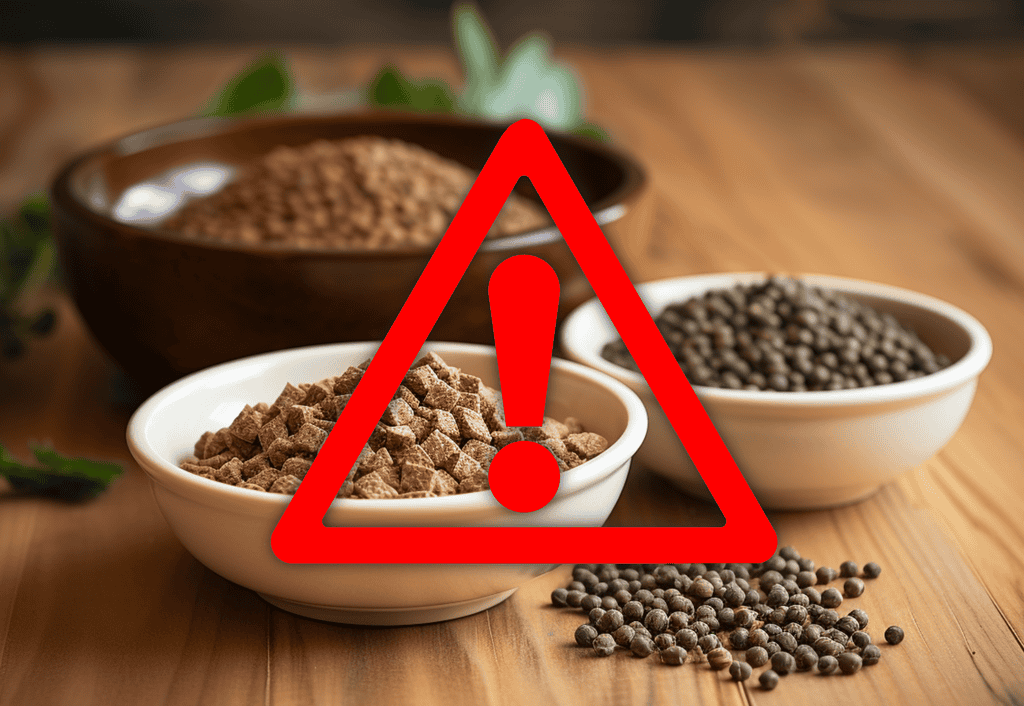
But hold on a sec! You can’t just go dumping handfuls of flaxseeds into Fido’s bowl. Nope. Like any good thing, it’s all about balance.
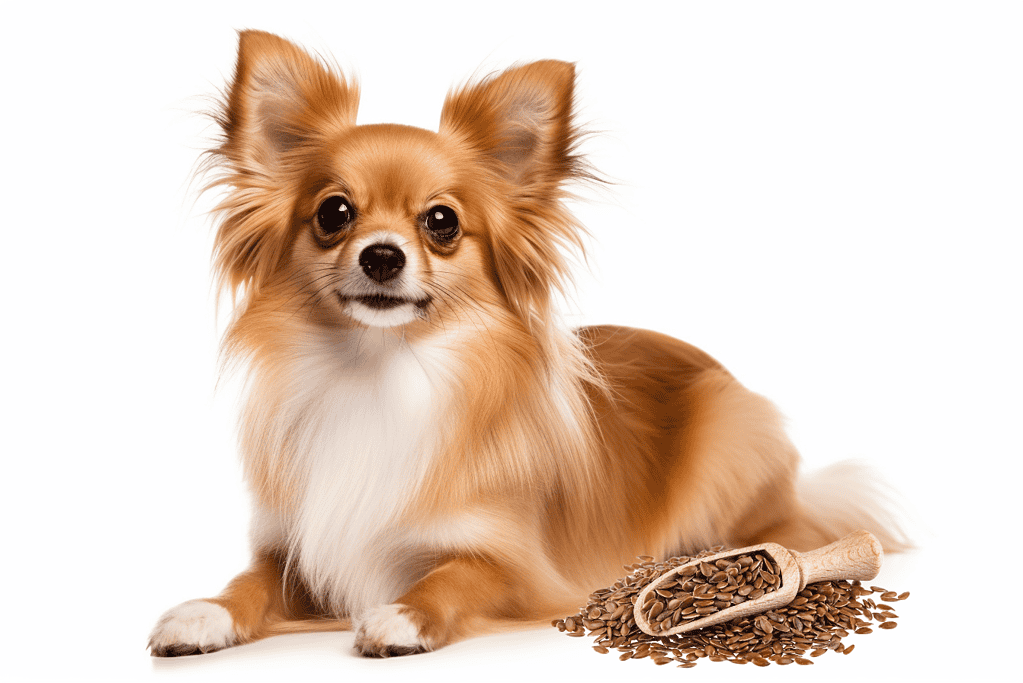
Start slow, introduce it in reasonable amounts, because, you know, too much of a good thing can be… well, too much. These seeds come with some kickback if you overdo it, and trust me, you don’t want to deal with a doggie with a sore tummy. So start slow, go steady and let flaxseeds become your pooch’s new favorite treat!
The Basics of Flax Seeds
Flax Seeds and Their Origin
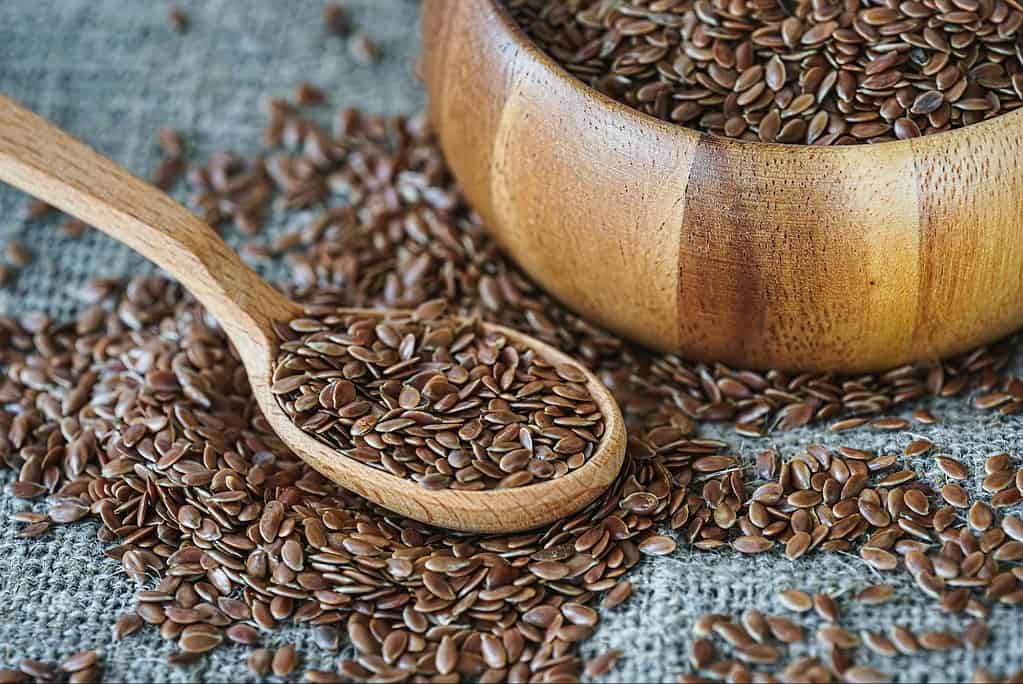
From the east Mediterranean all the way to India, the flax plant has been luring folks in for ages to make linen and, of course, to harvest those deliciously healthy seeds, making it a globetrotter if ever there was one.
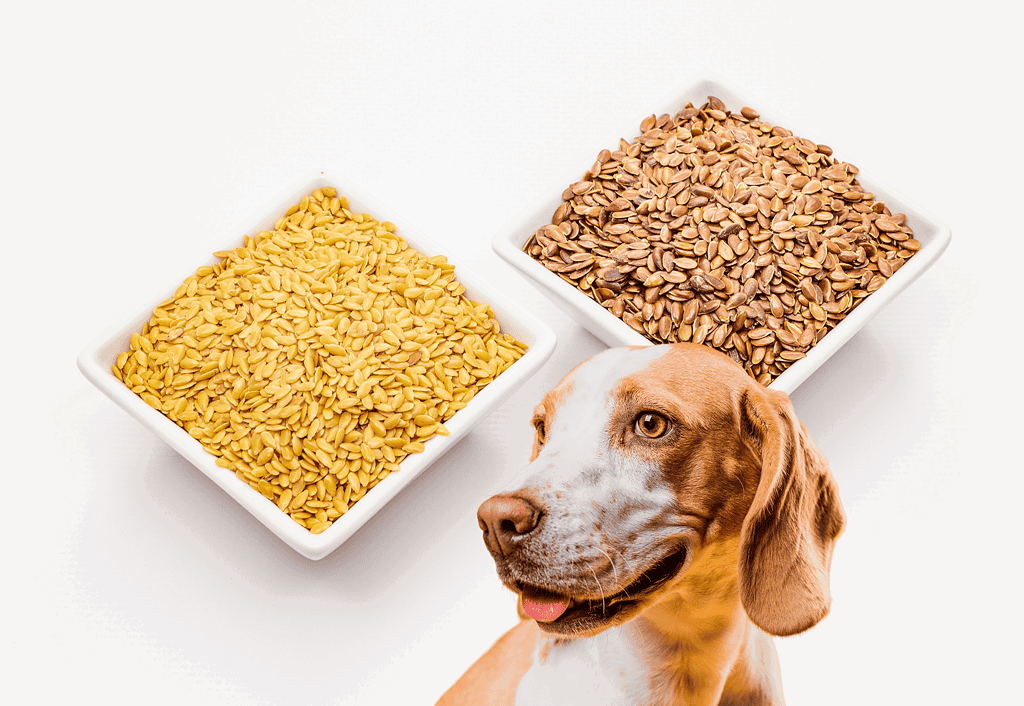
These small guys come in all shades – brown and golden – and are a treasure trove. They’ve got omega-3 and omega-6 fatty acids, dietary fiber, protein, and a plethora of minerals like manganese, magnesium, and phosphorus. They are like the all-in-one health package for your fur buddy.
Flax Seeds vs Flaxseed Oil
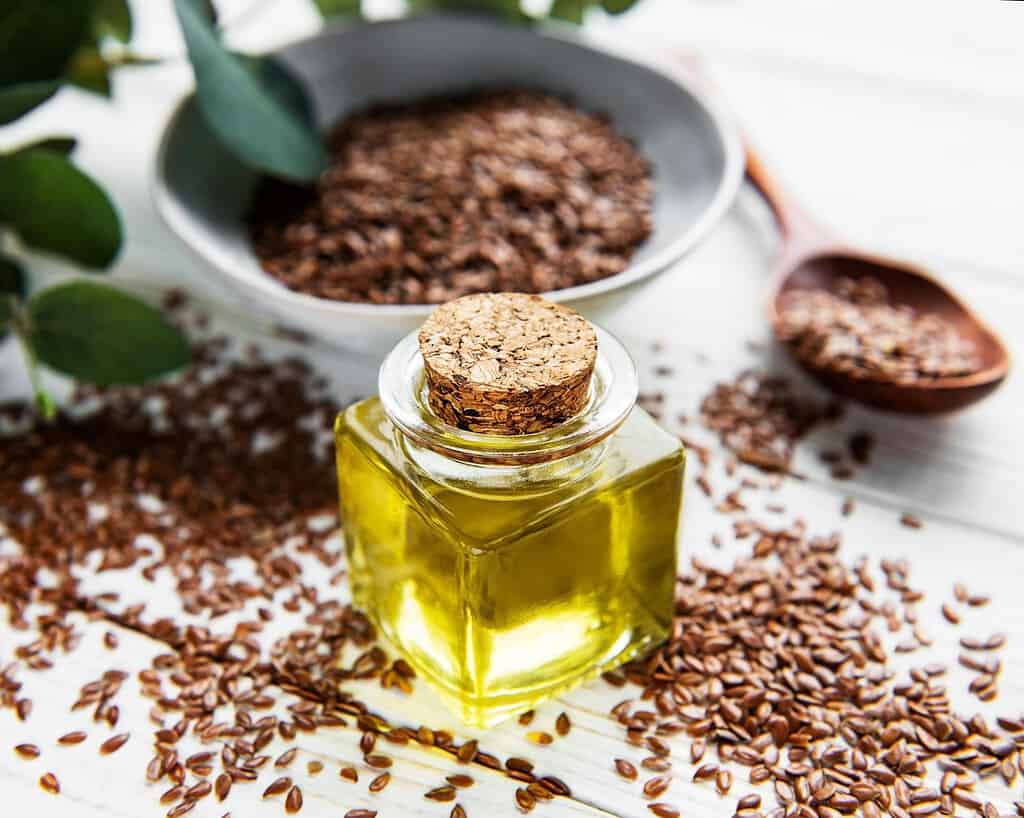
There are two main forms of flaxseed products available: flax seeds and flaxseed oil. While both contain valuable nutrients, there are differences in their composition and the way they are processed.
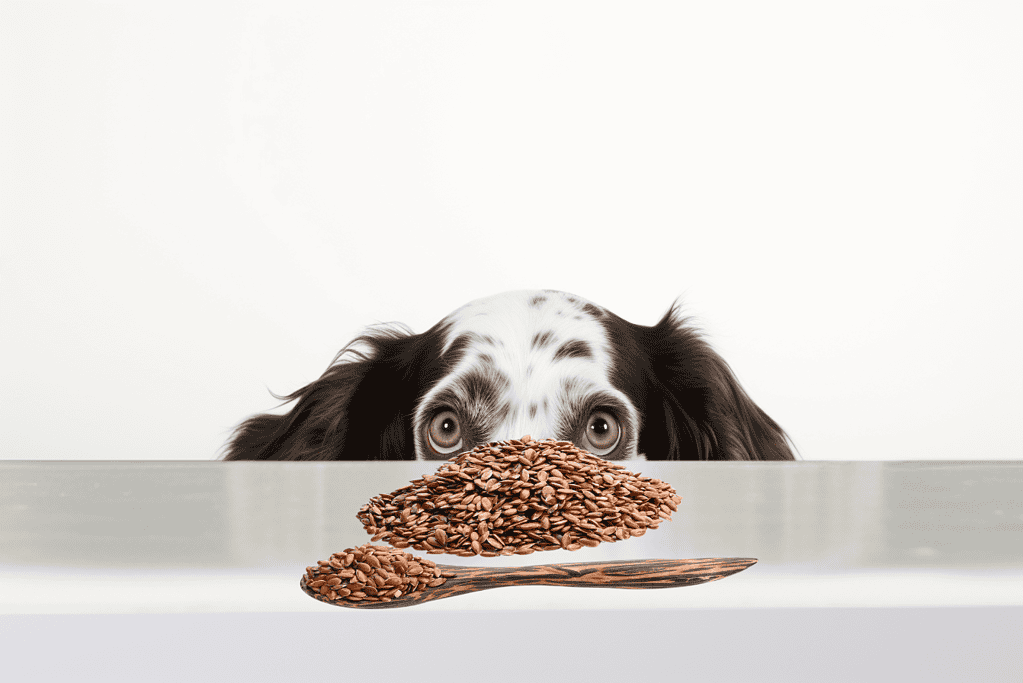
Whole flax seeds are kind of a toughie. They are a bit hard to break down. Ah, but we got the secret here! Grind the seeds into a fine, powdery texture using a coffee grinder, blender, or a similar device, and voila! You’ve unlocked a treasure chest full of protein, fiber, and healthy fats.
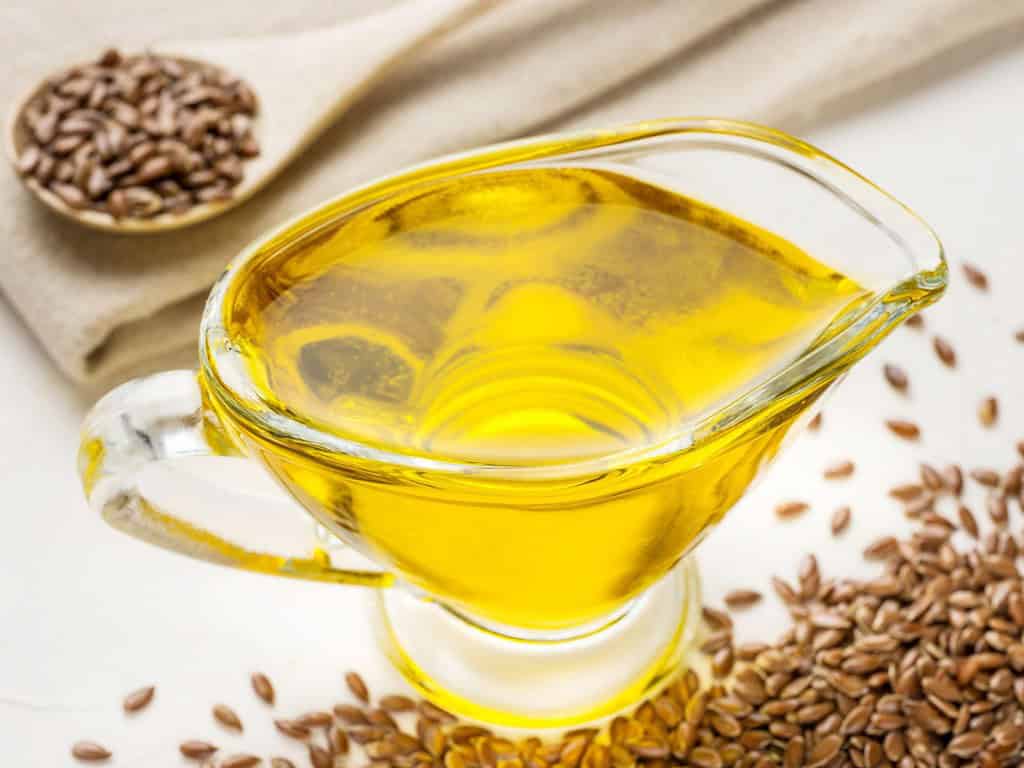
Flaxseed oil, on the other hard, is like the genie squeezed right out of the seed itself, dabbling in some alpha-linolenic acid (ALA), an essential omega-3 fatty acid. Though it doesn’t match the whole seeds regarding fiber and protein levels, it still adds a spark when mixed into your pooch’s meals. However, it is sensitive to light and heat, and it can spoil quickly so it’s crucial to store it properly.
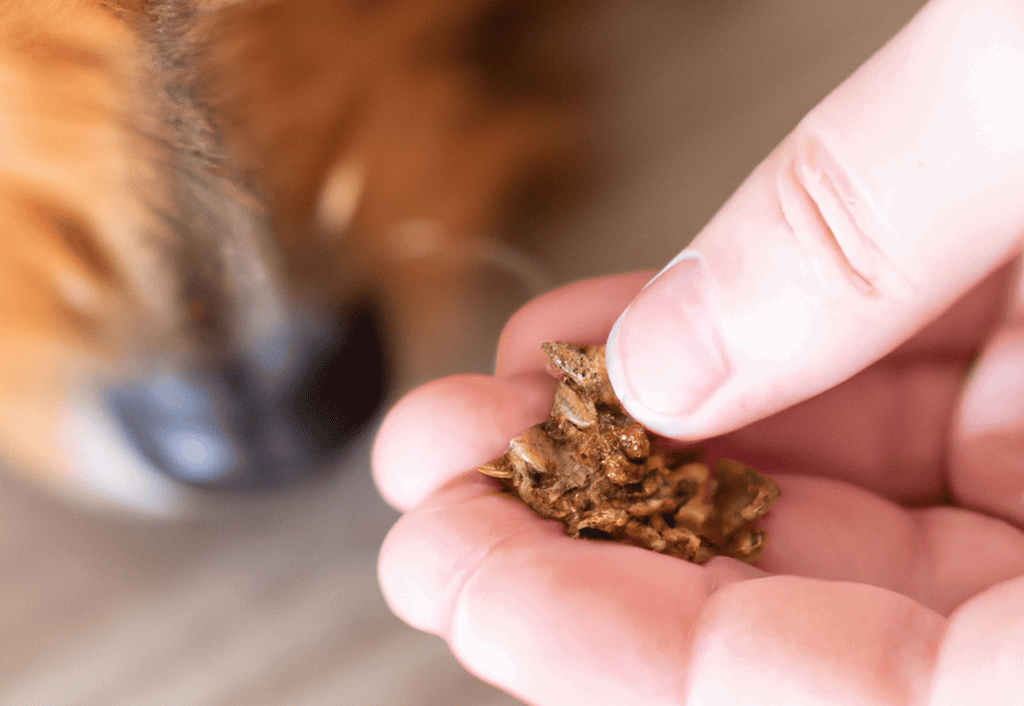
Whether it’s the mighty seeds or the golden oil, flax is a fantastic add-on to your dog’s diet, waving a wand of healthiness over it. Just keep the fairy dust in moderation, and you’ve got a happily ever after with your fur friend.
Health Benefits of Flax Seeds for Dogs

So, you’ve got your eye on flax seeds for your fur pal – kudos on that! But why the rave, you ask? Well, pull up a chair and let’s dive right into this nutritional goldmine.
Omega Fatty Acids
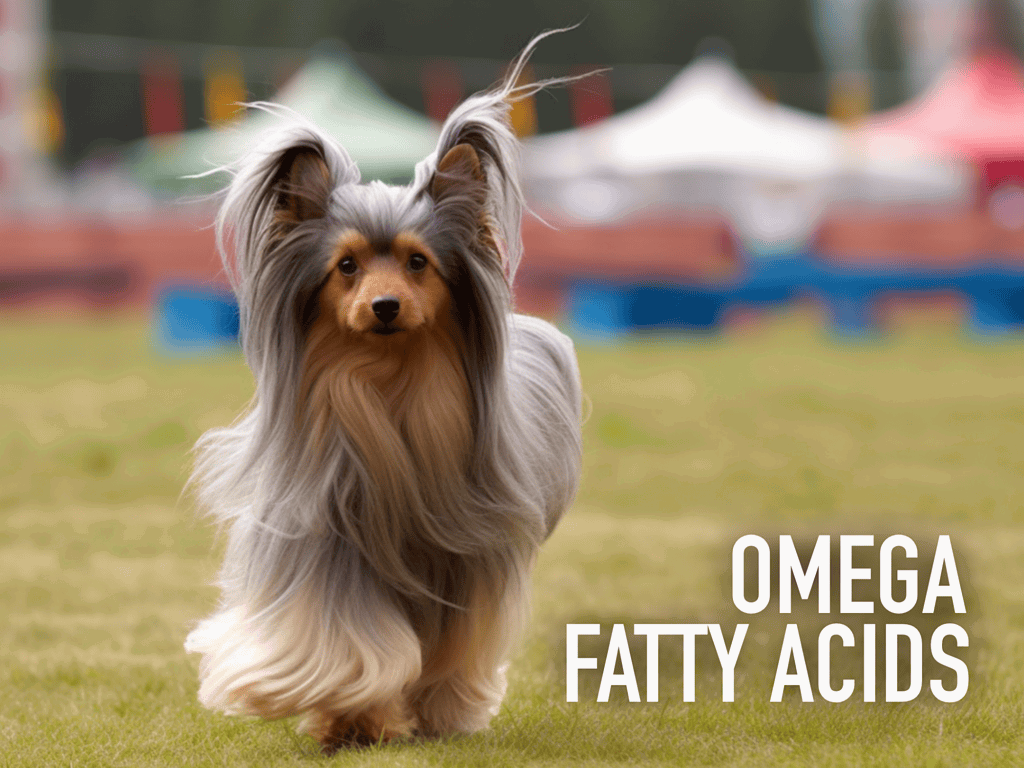
One word – Omegas! Flax seeds are swinging some rocking Omega-3, Omega-6, and Omega-9 fatty acids. These essential nutrients are crucial in maintaining a dog’s overall health, such as supporting cardiovascular health and reducing arthritis symptoms. Plus, they play a star role in keeping your pooch’s immune system running smoothly, leading to improved resistance against diseases.
Lignans
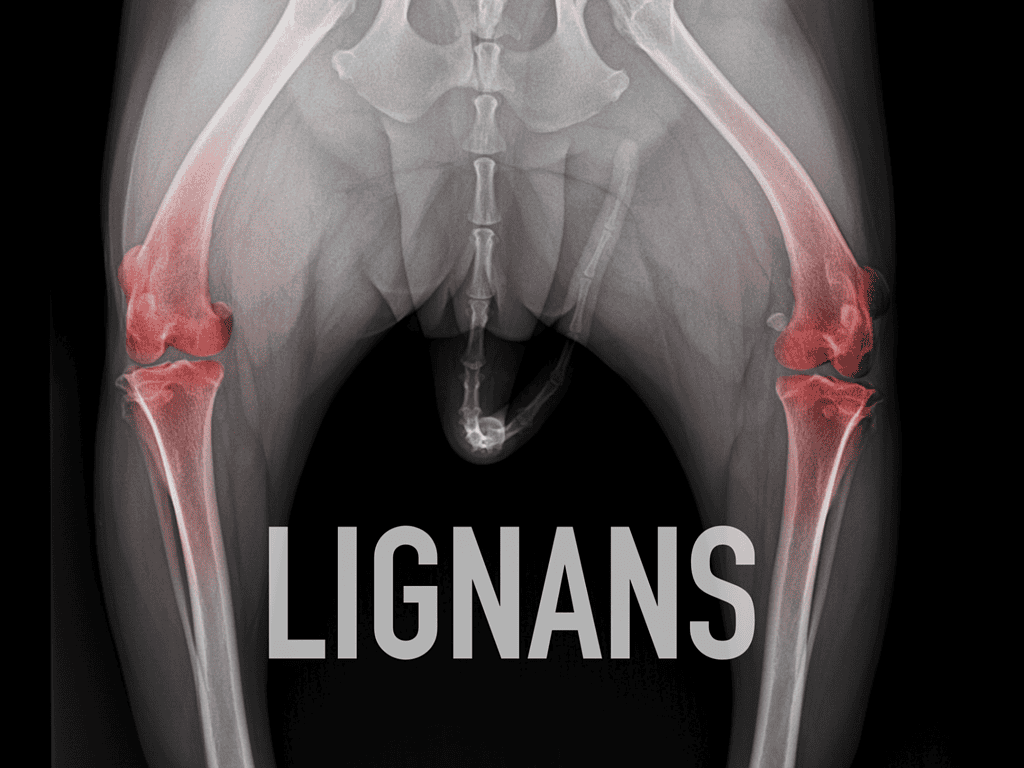
Here’s a little nugget – lignans! Got an older fur buddy struggling with joint pain or arthritis? Flax seeds to the rescue! They are anti-inflammatory superheroes hiding out in the tough outer shell of flax seeds. These phytochemicals possess anti-inflammatory properties can help alleviate various inflammation-related conditions in your dog. Additionally, they help keep your dog’s digestion on track and maybe even save the day from constipation.
Immune System Boost
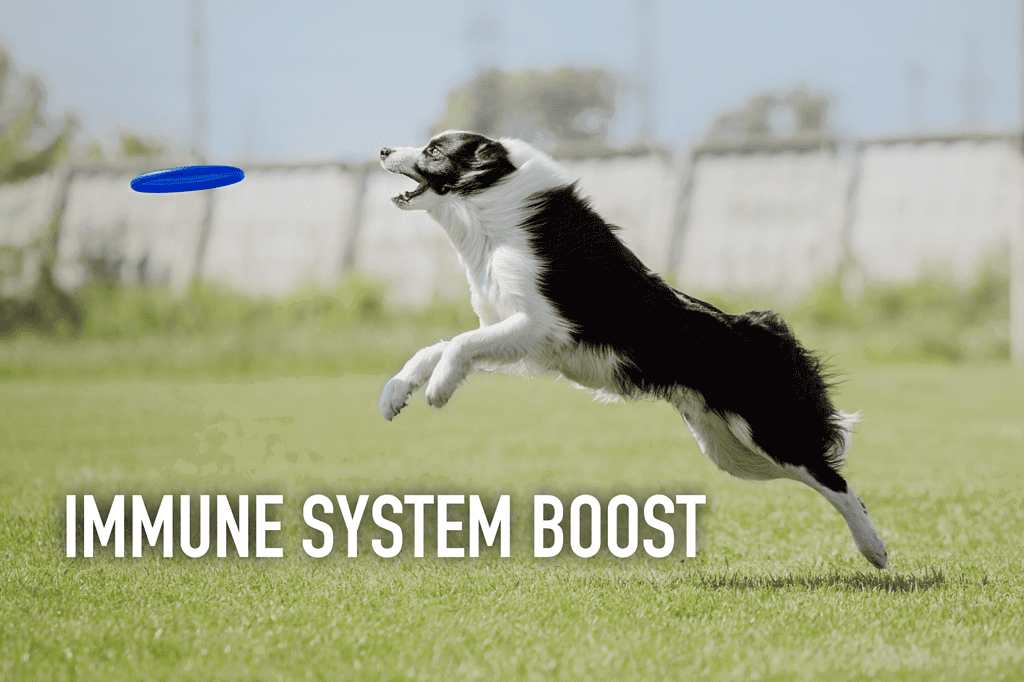
We all want our pooches to stay as fit as a fiddle, and a bulldog-strong immune system is a step in that direction. Flax seeds contain goodies like vitamins, antioxidants, and minerals to keep those nasty bugs at bay. Plus, those Omega fatty acids further support this function, creating a balanced and robust immune response in your dog.
Skin and Coat Health

Shiny, sleek, and dandruff-free – that’s coat goals right there, and flax seeds might just be your key to achieving it! Packed with essential fatty acids, they maintain shiny, smooth, and well-moisturized skin, reducing dandruff and promoting a healthy-looking coat. This benefit not only prevents your dog from developing skin irritations, but it also leaves their fur looking sleek and properly nourished.
Enjoying this read?
We publish this content for free to generate interest in our Premium members' area. By subscribing, you can ask the writer any questions related to pet care and this article, get access to 100+ Premium Pet Care Guides and go Ad-Free with DogFix Premium for $2.99.
Potential Risks and Side Effects
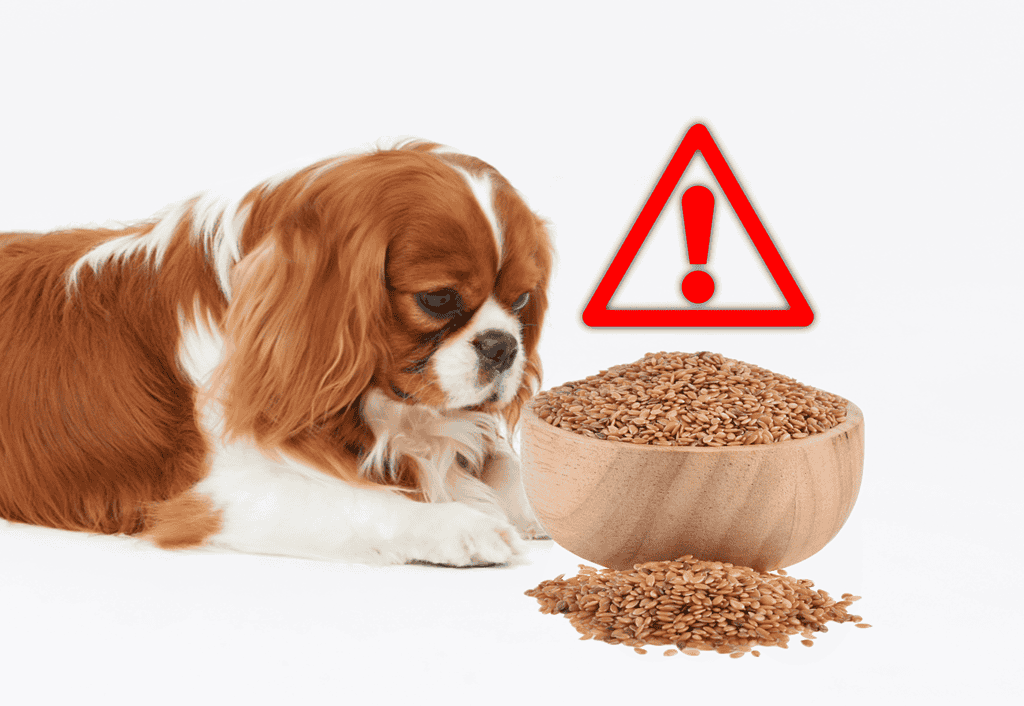
Okay, time to flip the coin. Let’s cruise through the hiccups your fur buddy could run into with flax seeds. Brace yourselves; it’s not all rainbows and unicorns!
Problems with Digestion
Flax seeds, while amazing, can throw a wrench into your doggo’s “poop game” if you go from zero to a hundred real quick. While flaxseed can provide various health benefits to dogs, it may cause digestive issues if not properly introduced into their diet. Consuming too much flaxseed may result in diarrhea, as the high fiber content can cause loose stool. Gradually introducing flaxseed into a dog’s diet may help avoid this issue.

But remember, we’re looking for a balance here. The high-fiber part of the meal and your pooch forgetting to chug down enough water, could result in constipation. Play it simple, if Fido is diving into his first venture with flax, ensure he has access to fresh water when you begin incorporating flaxseed into their meals.
Potential Allergies and Overdose
Like any dietary adventurer, your dog might get a cold shoulder from the newest addition. Yup, some furballs could be allergic to flaxseed. Here’s what to watch out for -itching, redness, skin inflammation, and, in some cases, vomiting or diarrhea. Your vet is your best shot to knead out any bumps on this new food journey, so give them a buzz if you notice these symptoms.

An overdose of flaxseed may result in nausea, fatigue, and additional gastrointestinal issues. Remember, moderation is key – always start with small amounts and gradually increase the quantity over time. Also, ensuring proper dosing and consulting your veterinarian before adding flaxseed to your dog’s diet can help minimize potential risks and side effects.
Incorporating Flax Seeds into a Dog’s Diet
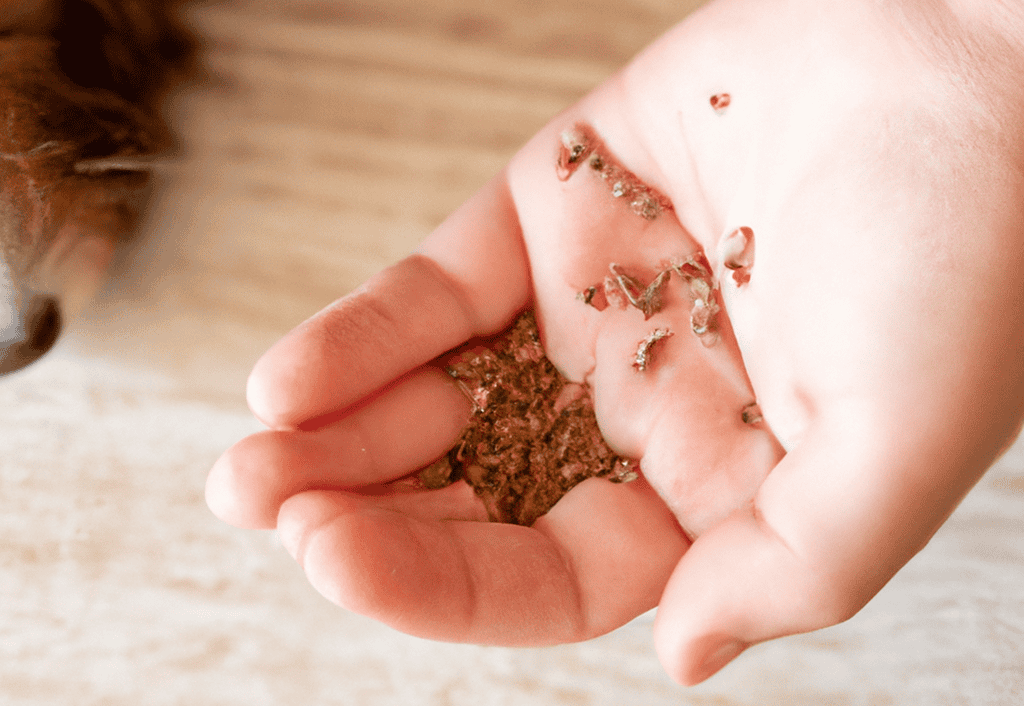
Itching to get some flax goodness into your pooch’s chow? Great! But wait, there’s a method to this madness, and you’ve gotta get it right for your fur buddy’s sake.
Raw vs Ground Flax Seeds
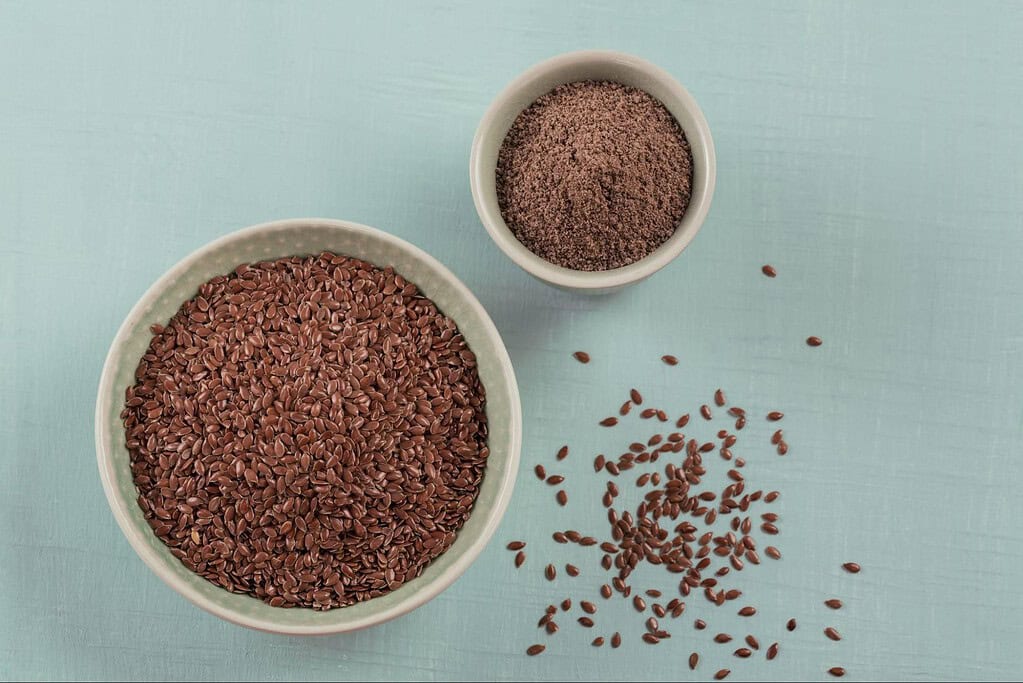
This might surprise you but dogs and raw flax seeds? Not best buds. Raw seeds are stubborn little things that could play hard-to-digest for your fur pal. But we’ve got a fix – soak ’em, grind ’em, and then let your pooch dig in! Ground flax seeds let those goodies like fiber, protein, and essential fatty acids get easily absorbed.
Flax Seeds as a Diet Supplement
Flax seeds can be a great addition to your dog’s diet. They provide energy, dietary fiber for regular bowel movements, and may help reduce inflammation, improving conditions like arthritis, skin and coat health, and overall digestion.
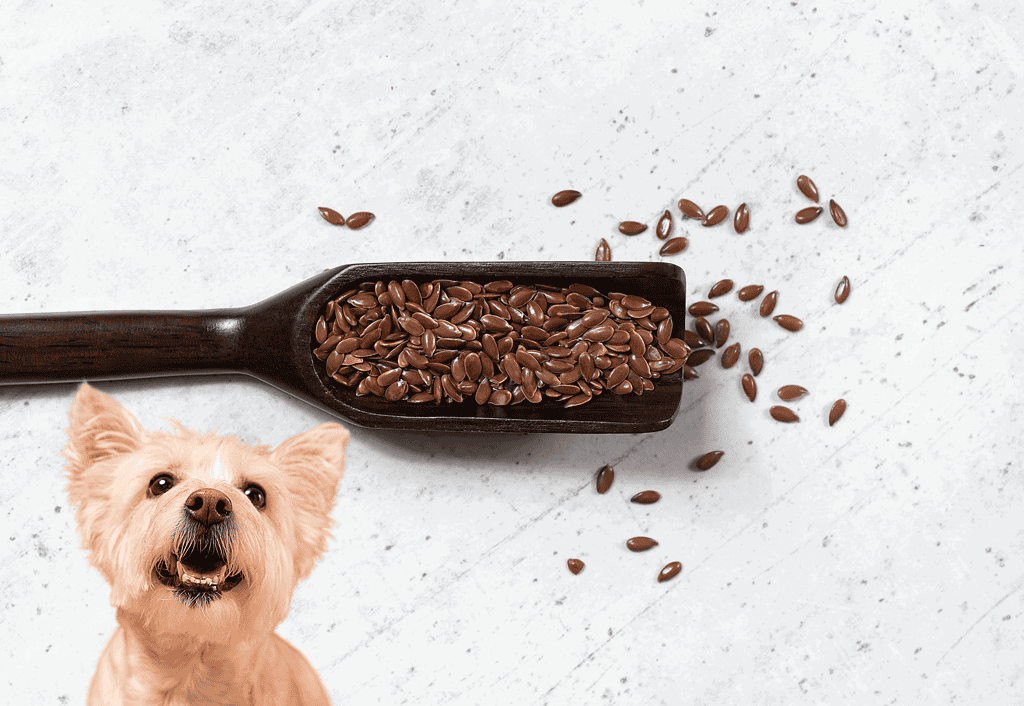
To add flax seeds to your dog’s diet, start with a small amount and gradually increase it over time. For a small dog, begin with 1/8 teaspoon, while a medium or large dog may tolerate 1 1/2 teaspoons.
Alright, now let’s get to the ‘how’:
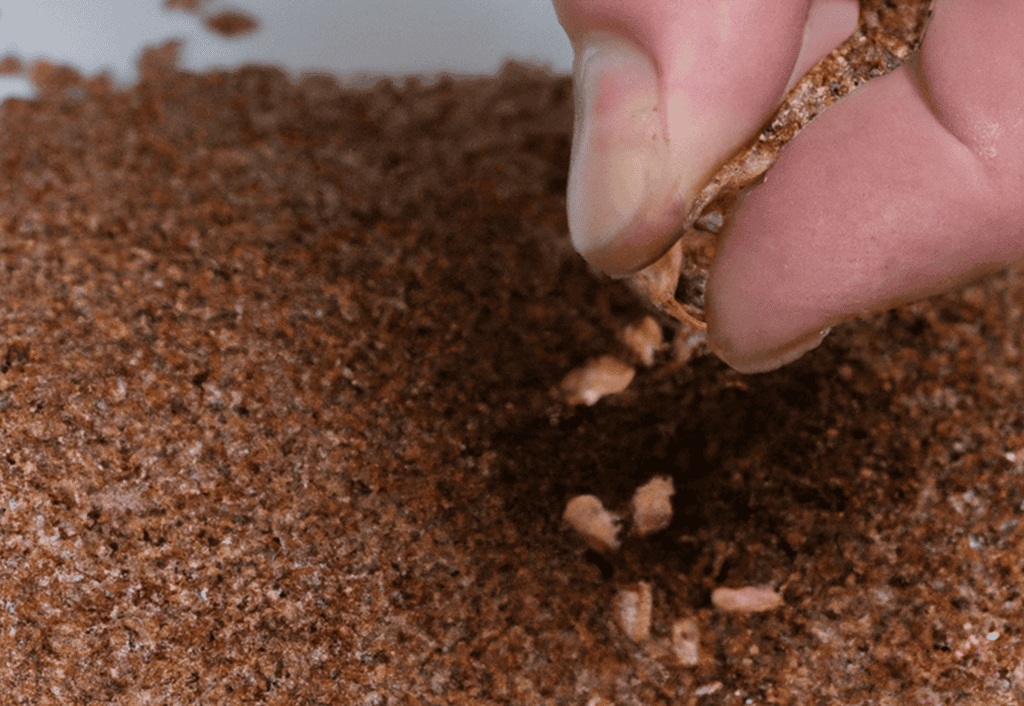
So, the easiest way is just to sprinkle some ground flax seeds over your pooch’s regular food. No hassle, no fuss.
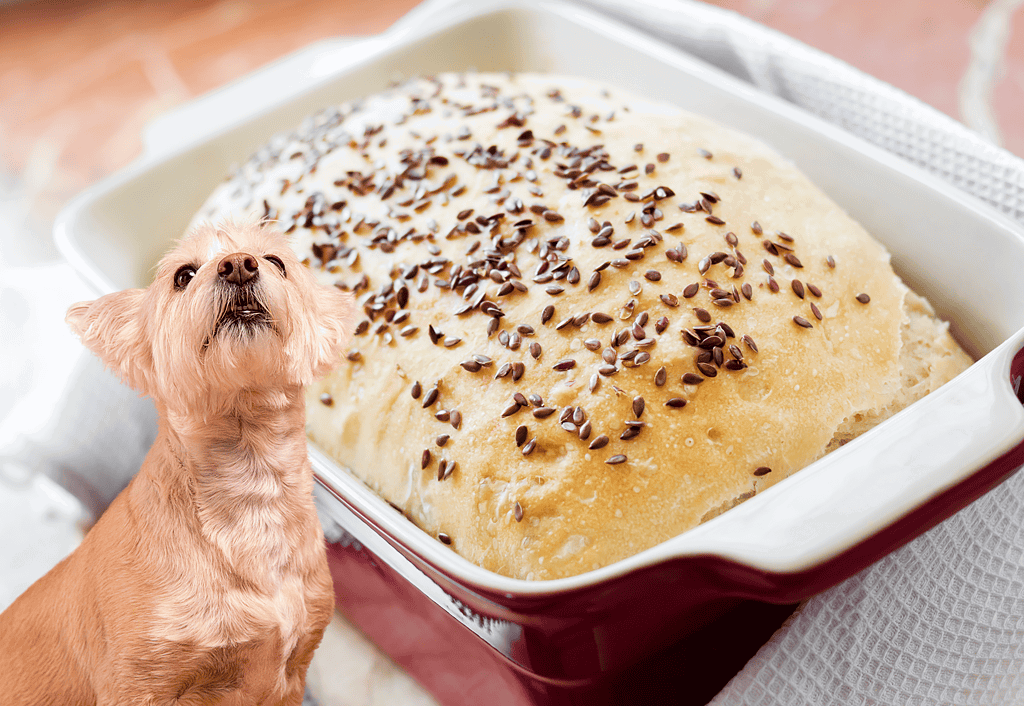
Baker of the house? Add a little flax seed spice to your homemade dog treats. Mix the ground seeds into the dough or batter, and your fur friend is in for a wholesome treat!
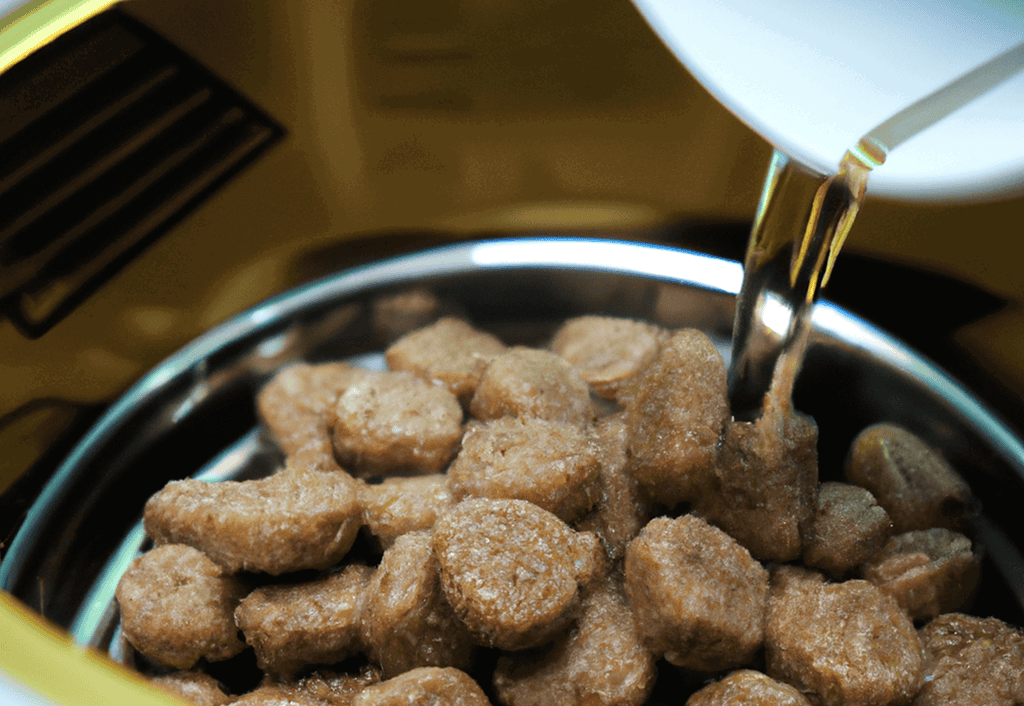
Maybe you’re more of an oil person, and that’s totally okay. Mix some flaxseed oil into their food, and they won’t even know they’re eating healthier!
While you’re playing chef, keep an eye on your fur buddy. If they’re not digging the new diet or showing discomfort, your vet’s the best person to chat with.
Frequently Asked Questions
Alright, let’s roll out the answers for those burning flax seed questions!
Is Flaxseed Oil a Good Fit for My Furry Friend?
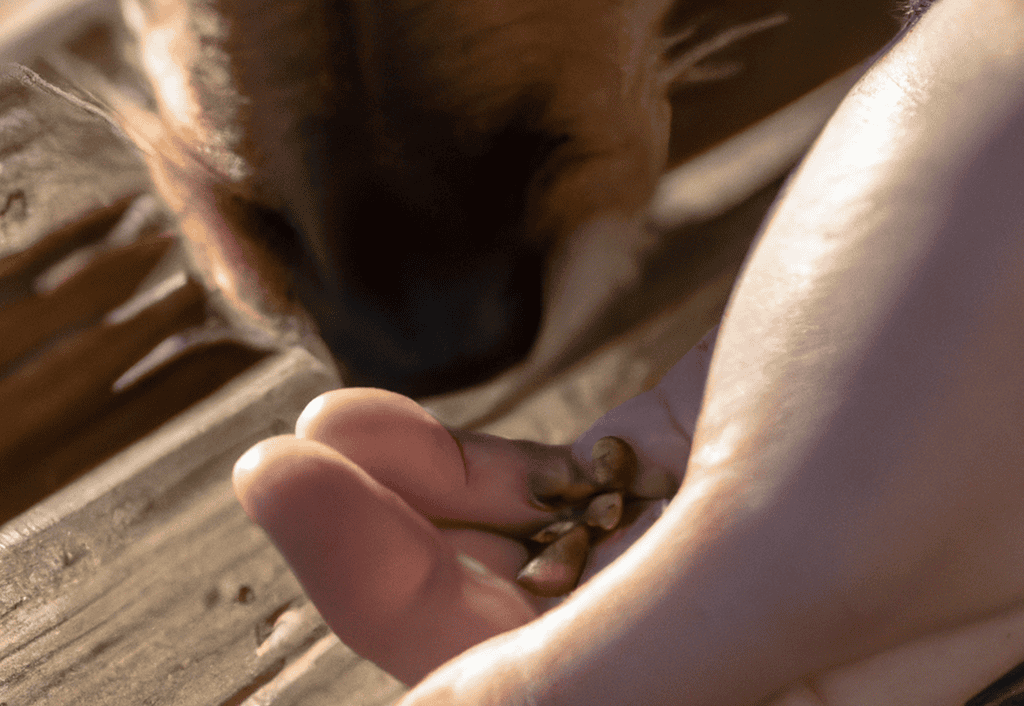
Big yes! Flaxseed oil for dogs is like the secret sauce in their fitness regime. It’s brimming with anti-inflammatory goodies, can soothe arthritis troubles, put some pep back in their step with better kidney health, and even give them a dreamy coat! Drizzle a small amount in your fur pal’s bowl and watch the magic unfold.
What’s the Daily Dose of Flaxseed Oil for My Pooch?
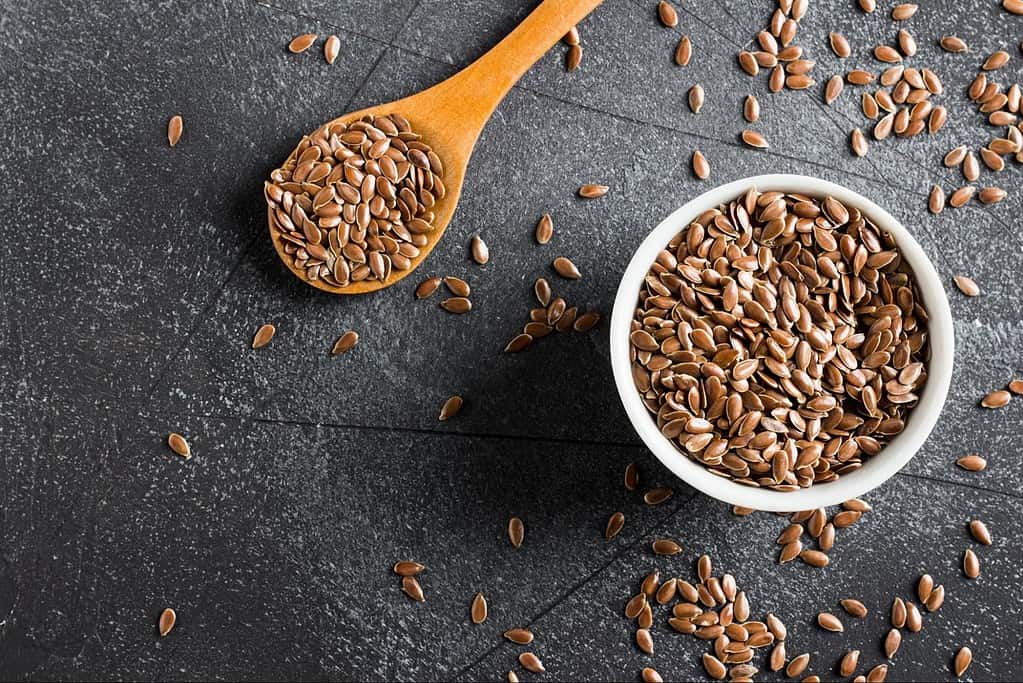
This one’s a bit of a ‘depends’ situation. Typically, 1 teaspoon of flaxseed oil per 25 pounds of your dog’s body weight per day is what the vet usually recommends. But speaking of vets, always get their thumbs-up before you start with the supplement.
Can My Dog Munch on Other Seeds Like Hemp, Sunflower, or Pumpkin?
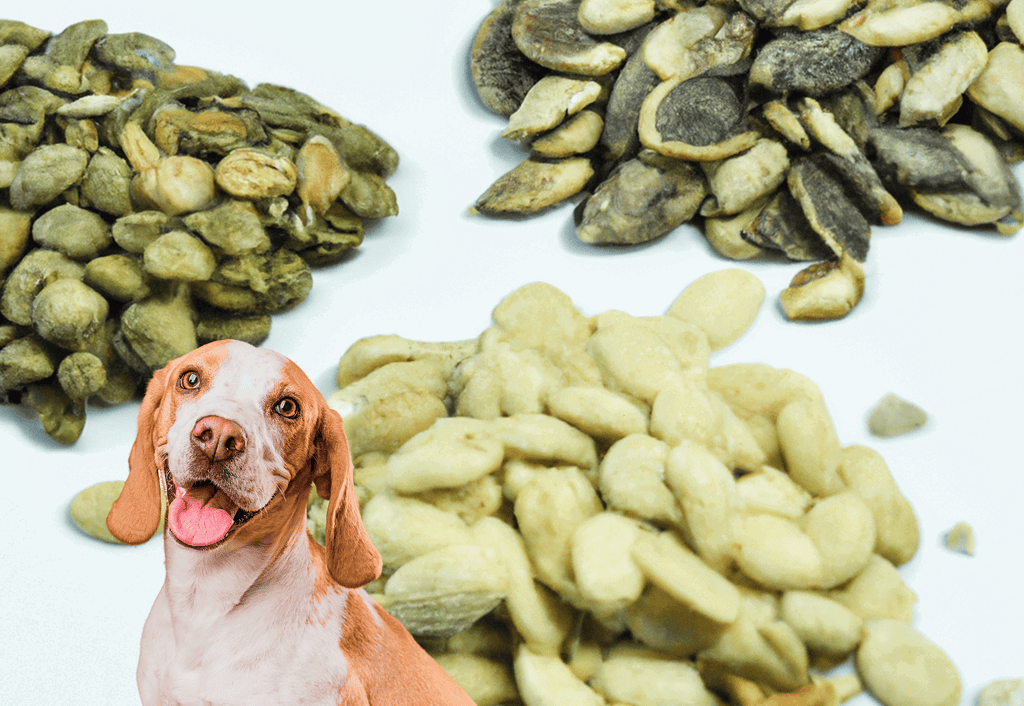
Absolutely, as long as you’re not playing the overenthusiastic parent and keeping things moderate. These seeds also pack quite a punch in terms of essential fatty acids, fiber, and other nutritional credits. However, beware of salted or flavored seeds; those seasonings could be tummy troublemakers for your dog. And yes, the vet is your best friend when trying out new foods for your fur baby.
Can Flaxseed Be a Good Thing If My Dog Has Kidney Issues?
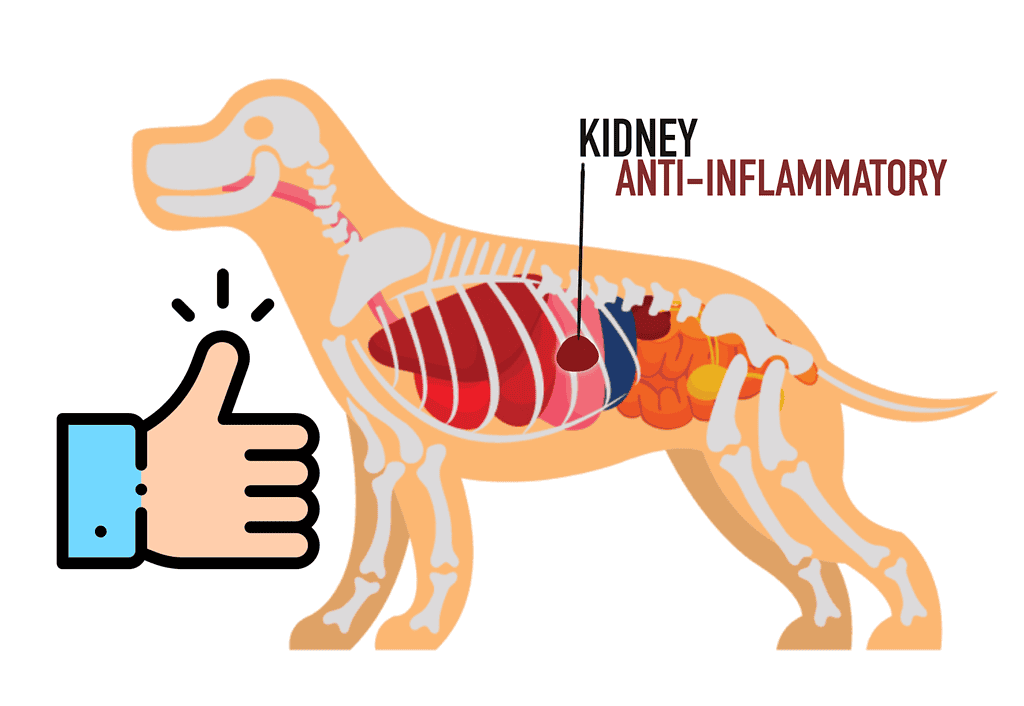
Flaxseed can be a gentle nudge in the right direction for dogs with kidney issues, thanks to its anti-inflammatory powers and its knack for boosting kidney function. But break out your phone and call your vet before adding flaxseed or flaxseed oil to their plate.
Can Flaxseed Oil Combat Itchy Skin in My Dog?
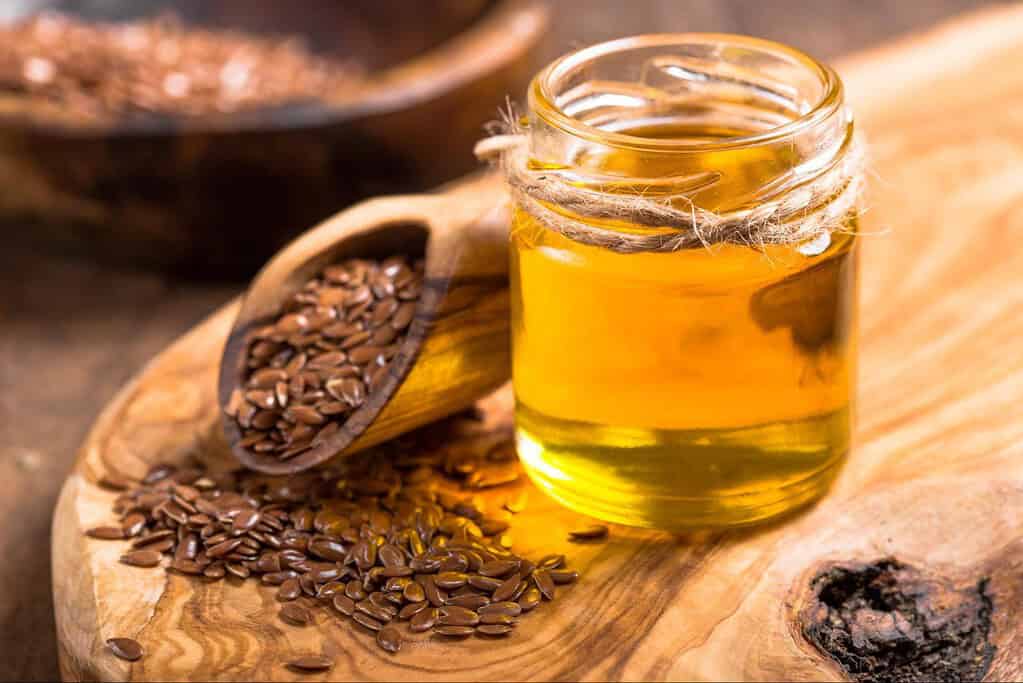
Totally! The anti-inflammatory squad in flaxseed oil can soothe skin irritations and give your dog healthier skin and coat. Sprinkle some flaxseed oil on their food and say goodbye to itchy afternoons.
Should I Give My Dog Whole or Ground Flaxseeds?
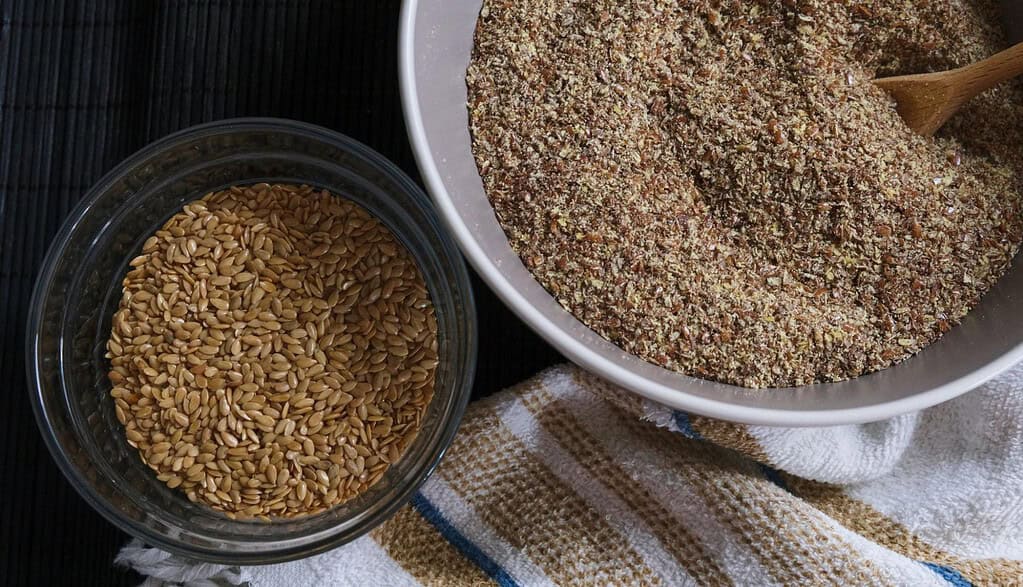
Ground flaxseeds win this round! Your dog can break them down easily, absorbing all the nutrients. The whole ones might just, well, pass through without stopping for a chat. So, your bet is on freshly ground seeds or ones stored in an airtight container in the fridge for freshness.
Things To Note
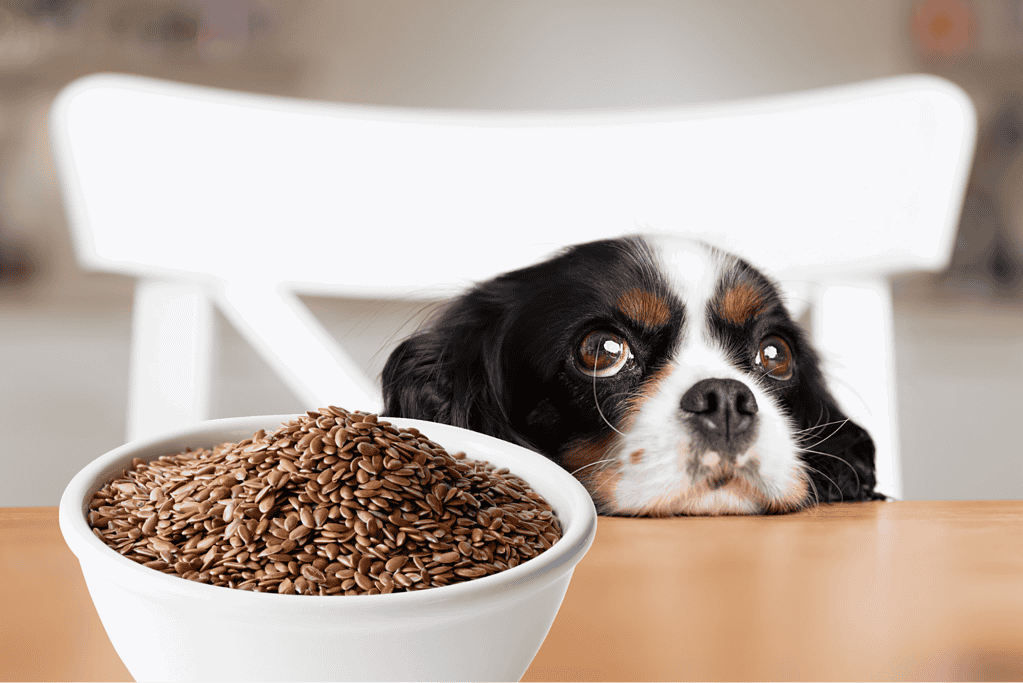
- Flaxseeds can be a nutritious addition to a dog’s diet when used in moderation.
- These seeds offer multiple health benefits, including supporting skin and coat health, reducing inflammation, and improving kidney function.
- It’s crucial to introduce flaxseeds carefully and in suitable amounts to avoid potential risks and side effects.
